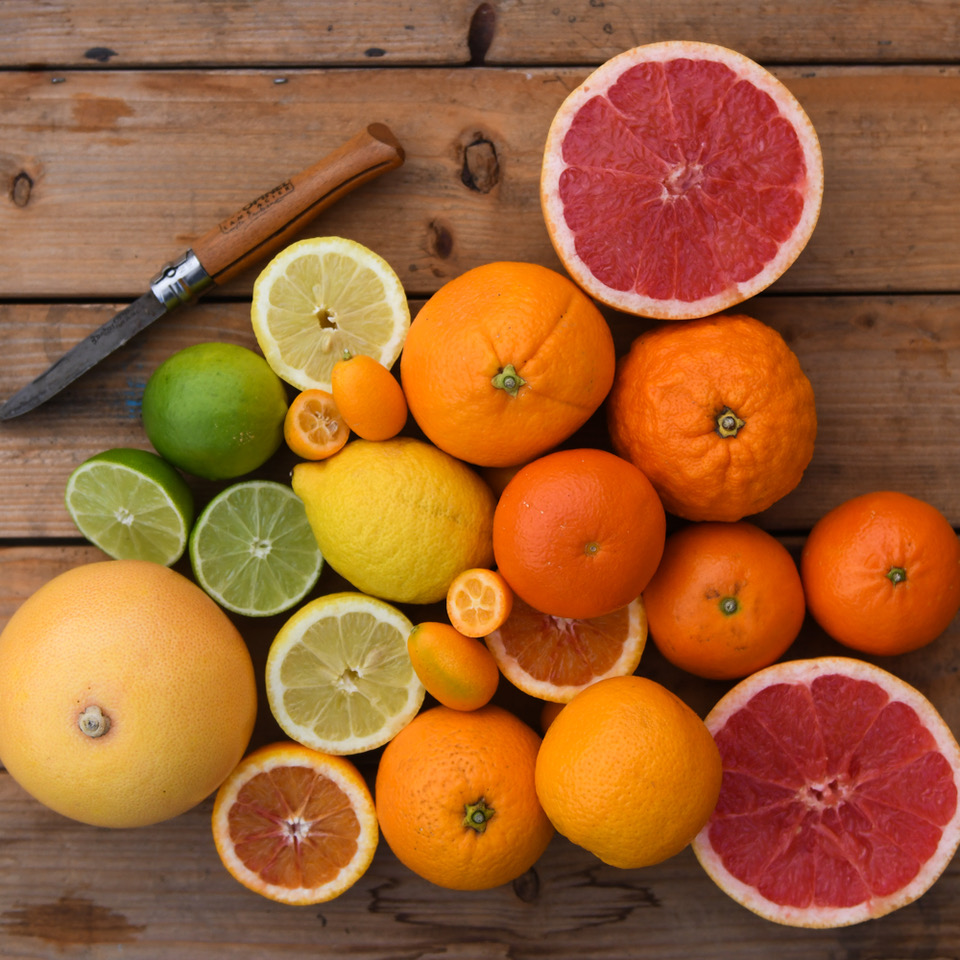I wasn’t sure whether to laugh or cry when I discovered earlier this year, that one major supermarket is now, at least, at times, highlighting the chemicals on or in some of its citrus fruit.

I guess it is not a laughing matter, the issue of chemicals in our food chain is serious, it is important as it has a knock-on effect for our health and biodiversity.
It is my belief that agriculture can be a force for good in our world, an endeavour that can produce safe wholesome food whilst enhancing our locality and planet. But that will require a change of mindset and policy when it comes to the fair pricing of food.
All the things that are good about agriculture are slowly being sucked dry by the loss leading of fresh produce by supermarkets and the race for intensification and the lowest possible price. Like any business if there is not enough money in the pot you cannot invest for the future, you cannot survive, it is no different for farmers, getting a fair price for our crops is not too much to ask, and if we don’t then how can we invest back into the land.
Anyway, I digress, back to the case at hand, chemicals on our food. The last few weeks we have been talking here about the test for the 870 chemicals on our kale that came back clean (This test was part of our organic certification spot check) and how maybe conventional foods should be labelled with what they include, rather than the organic farmer having to prove that his/her food is clean and good.
I wonder though as this large supermarket chain has marked the inclusion of chemical products in two of its citrus fruit did it forget about all the other fruit and veg it sells? I can only assume that they too have offending chemicals present.
One of the products on sale, a conventional lime, is labelled “not suitable for vegans!” (Without, the exclamation mark obviously, I just added that in for effect) the offending lime in question contained a mixture or some of the following…… wait for it…
Imazalil/Thiabendazole/Pyrimethanil/Orthophenylphenol & wax E914, E904, E914
Another product and one that is in season right now: ‘Naturally Sweet Leafy Clementines’ Contained: E904, E914 and Imazalil.
(Incidentally E904 is shellac. Shellac is a resin secreted by female lac bugs, and this is what makes the limes non vegan. You may also be interested to know that imazalil and thiabendazole are two hormone-disrupting fungicides, one of which is also a likely carcinogen.)
Do your own research, check it out. Having mulled this over for some time I think it is a good thing that this information is displayed. Do you think it should also be printed on the pack in the supermarket aisle? Then you and I could make an informed decision or at the very least we would know what we are getting for our money.
Of course, these chemicals are labelled as safe once used below the MRL (the maximum residue limit). These limits are set to protect you and I from ingesting too much of these chemicals. However, as I have spoken about in the past the setting of these limits can be questionable and, in some cases, seems to have been set in relation to the level of application required rather than in relation to whether the product is safe. I refer to the research on the increased MRLs for glyphosate that have been increased 300-fold between 1993 and 2015 in the US. Is it safer now to eat 300 times the dose? I think probably not.
I will finish on this note: farmers are doing the best they can, we all are, we are working to survive in a system that is fundamentally flawed, but for all its issues, it is the system we have, and it provides our food, we cannot do without it, not when there are so many of us on this planet. But there is no question that step by step we must and can introduce more positive ways of producing food and we can support this transition by deciding with who and on what we spend our money.
Thanks as always for your support.
Kenneth
